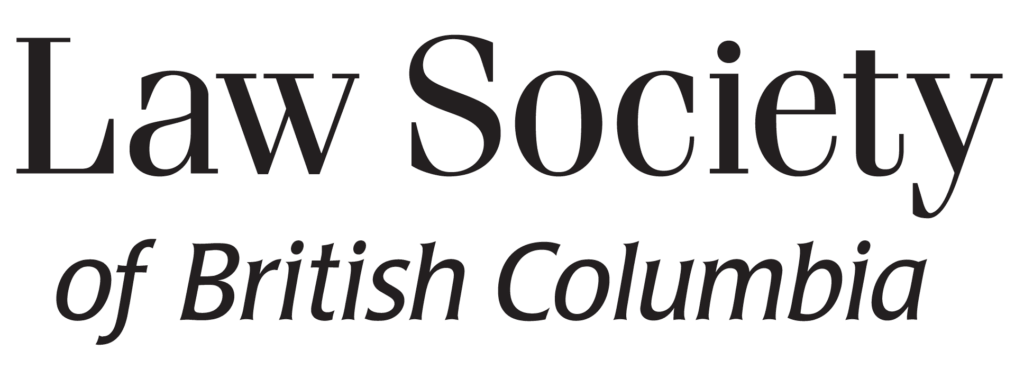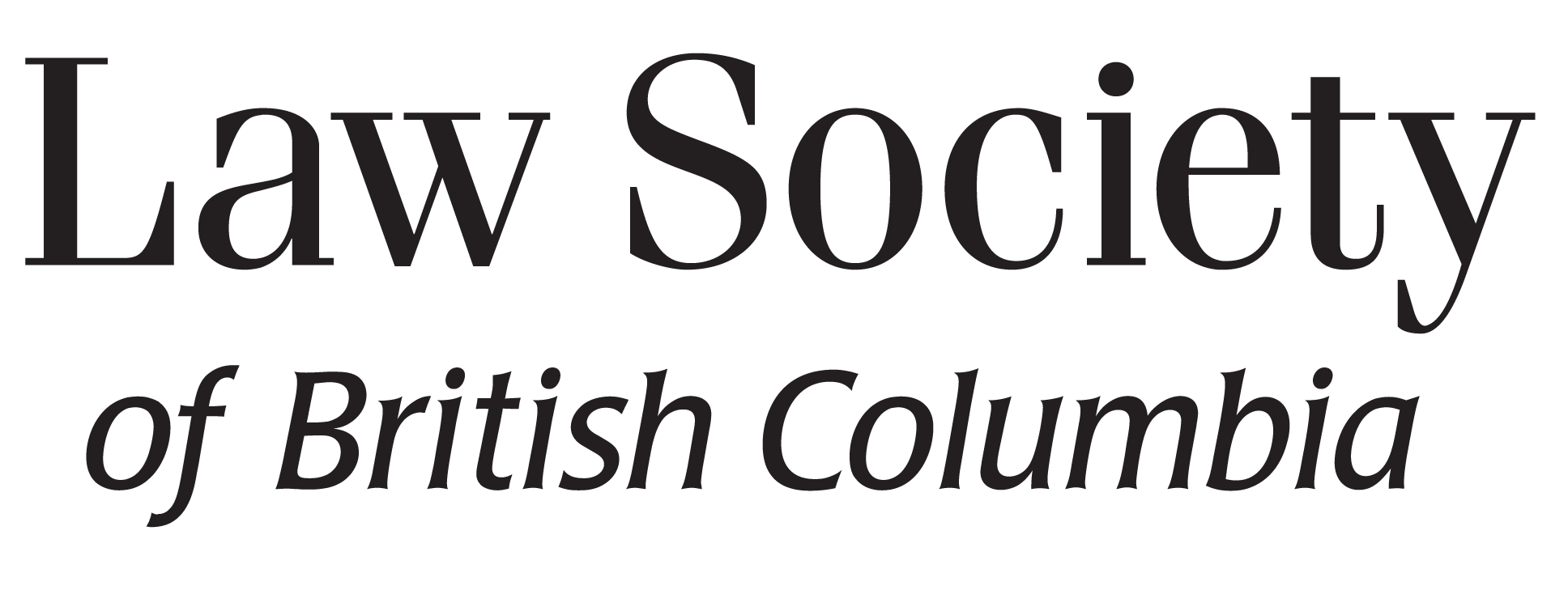
Understanding the Law Society of Saskatchewan: Roles, Responsibilities, and Resources
The Law Society of Saskatchewan plays a crucial role in regulating the legal profession within the province. Established to ensure competence, integrity, and ethical conduct among its members, the Law Society of Saskatchewan serves as both a guardian of the public interest and a resource for legal professionals. This article delves into the key functions, responsibilities, and resources offered by the Law Society of Saskatchewan, providing a comprehensive overview for both legal practitioners and the public.
The Mandate of the Law Society of Saskatchewan
The primary mandate of the Law Society of Saskatchewan is to govern the legal profession in the public interest. This involves setting standards for admission to the bar, regulating the conduct of lawyers, and providing resources to support their professional development. The Law Society of Saskatchewan operates under the authority of The Legal Profession Act, 1990, which outlines its powers and responsibilities.
One of the core functions is ensuring that only qualified individuals are permitted to practice law in Saskatchewan. This is achieved through rigorous admission requirements, including academic qualifications, articling experience, and successful completion of the bar admission course. The Law Society of Saskatchewan also oversees continuing legal education to ensure that lawyers maintain their competence throughout their careers.
Key Responsibilities and Functions
Admission and Licensing
The Law Society of Saskatchewan is responsible for the admission and licensing of lawyers in the province. This process involves a thorough review of applicants’ qualifications, including their educational background, articling experience, and character. Successful applicants are admitted to the bar and granted the right to practice law in Saskatchewan. The Law Society maintains a public registry of all licensed lawyers, allowing the public to verify the credentials of legal professionals.
Regulation and Discipline
One of the most critical functions of the Law Society of Saskatchewan is regulating the conduct of lawyers. The Law Society has the authority to investigate complaints of professional misconduct and to impose disciplinary measures where warranted. These measures can range from warnings and reprimands to suspensions and disbarment. The disciplinary process is designed to protect the public and to maintain the integrity of the legal profession.
The Law Society of Saskatchewan also provides guidance to lawyers on ethical issues and professional standards. It publishes a Code of Professional Conduct, which outlines the ethical obligations of lawyers in Saskatchewan. Lawyers are expected to adhere to this code in all aspects of their practice.
Continuing Legal Education
To ensure that lawyers maintain their competence and stay up-to-date on developments in the law, the Law Society of Saskatchewan requires lawyers to participate in continuing legal education (CLE). Lawyers must complete a certain number of CLE hours each year to maintain their license. The Law Society offers a variety of CLE programs, including seminars, workshops, and online courses. These programs cover a wide range of legal topics and are designed to enhance the knowledge and skills of lawyers.
Practice Support and Resources
The Law Society of Saskatchewan provides a range of resources to support lawyers in their practice. These resources include practice management tools, ethics advice, and assistance with practice transitions. The Law Society also operates a Lawyer Assistance Program, which provides confidential support to lawyers who are struggling with personal or professional issues. [See also: Lawyer Mental Health Resources]
The Law Society’s library offers a comprehensive collection of legal materials, including statutes, case law, and legal journals. Lawyers can access these materials online or in person at the Law Society’s library in Regina.
Access to Justice Initiatives
The Law Society of Saskatchewan is committed to promoting access to justice for all residents of the province. It supports a number of initiatives aimed at improving access to legal services for low-income individuals and marginalized communities. These initiatives include pro bono programs, legal aid clinics, and public legal education programs. [See also: Pro Bono Legal Services in Saskatchewan]
The Law Society also works to raise awareness of legal issues and to educate the public about their rights and responsibilities under the law. It publishes a variety of public legal education materials, including brochures, pamphlets, and online resources. These materials are available free of charge to the public.
The Law Society’s Governance Structure
The Law Society of Saskatchewan is governed by a Benchers, who are elected by the members of the Law Society. The Benchers are responsible for setting policy, overseeing the Law Society’s operations, and making decisions on matters of professional regulation. The Benchers meet regularly to discuss issues affecting the legal profession and to make decisions on behalf of the Law Society.
The Law Society of Saskatchewan also has a number of committees that provide advice and recommendations to the Benchers on specific issues. These committees include the Admissions Committee, the Discipline Committee, and the Continuing Legal Education Committee.
Engaging with the Law Society
The Law Society of Saskatchewan encourages members of the public and legal professionals to engage with the organization. The Law Society holds public consultations on proposed changes to its rules and policies. It also welcomes feedback from the public on its services and programs.
Lawyers can get involved in the Law Society of Saskatchewan by serving on committees, volunteering for pro bono programs, and participating in continuing legal education activities. The Law Society also provides opportunities for lawyers to mentor junior colleagues and to contribute to the development of the legal profession.
The Future of the Law Society of Saskatchewan
The Law Society of Saskatchewan is committed to adapting to the changing needs of the legal profession and the public. It is exploring new ways to regulate the profession, to support lawyers in their practice, and to promote access to justice. The Law Society is also working to address issues such as diversity and inclusion within the legal profession. [See also: Diversity and Inclusion in Saskatchewan Law Firms]
As technology continues to transform the legal landscape, the Law Society of Saskatchewan is exploring ways to leverage technology to improve the delivery of legal services and to enhance the efficiency of its operations. It is also working to address the ethical and legal challenges posed by new technologies, such as artificial intelligence and blockchain.
Conclusion
The Law Society of Saskatchewan plays a vital role in regulating the legal profession and protecting the public interest. Through its admission and licensing processes, its regulation and discipline of lawyers, its continuing legal education programs, and its access to justice initiatives, the Law Society of Saskatchewan ensures that the legal profession in Saskatchewan is competent, ethical, and accessible to all. By understanding the functions and responsibilities of the Law Society of Saskatchewan, both legal professionals and the public can better navigate the legal landscape in the province.

